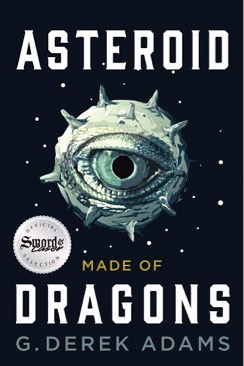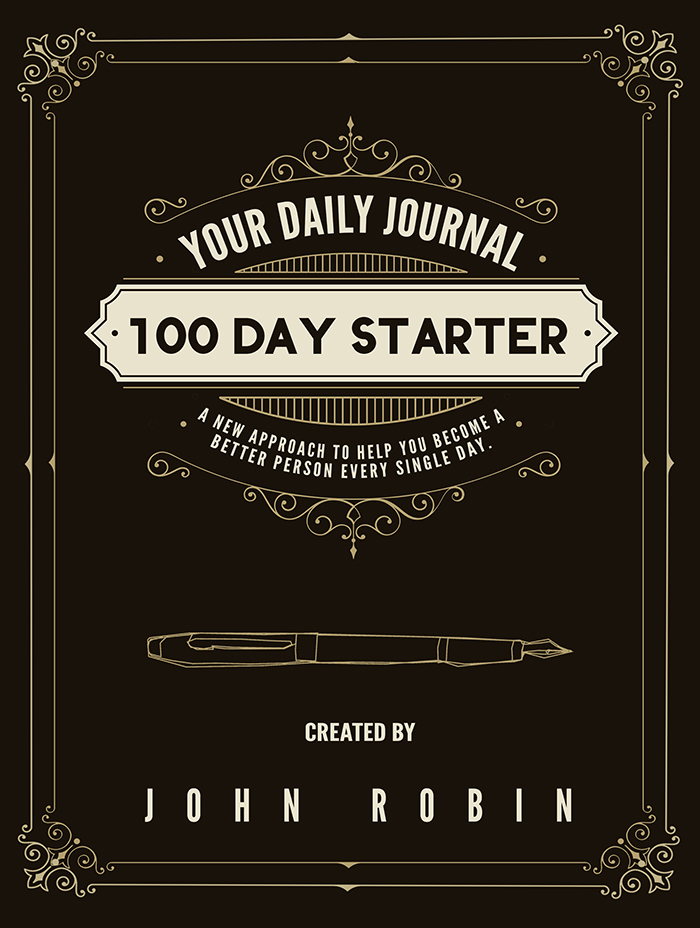Today, my World Builders guest is G. Derek Adams, author of Asteroid Made of Dragons, Sword & Laser winner, currently on pre-order at Inkshares.
 Derek Adams is an independent artist and writer living in Athens, GA. He is a winner of the Sword and Laser Collection Contest on Inkshares for his third novel, Asteroid Made of Dragons. His biggest fantasy credential is giving Piers Anthony an idea for a Xanth novel that one time.
Derek Adams is an independent artist and writer living in Athens, GA. He is a winner of the Sword and Laser Collection Contest on Inkshares for his third novel, Asteroid Made of Dragons. His biggest fantasy credential is giving Piers Anthony an idea for a Xanth novel that one time.
Here, now, are Derek’s thoughts on world building.
What is the appeal of world building to you? How does it compare to the importance of character and plot?
World building should always be in the background, elusive and sure like a panther. The reader should only glimpse it. The fantasy genre is the home of the info-dump and the endless re-invention of wizards, knights, medieval Europe, dragons, hobbits, elves, etc. I adore building my world and could fill volumes just with world information – but when I’m writing I try to restrict things to only what is absolutely necessary. No one in a modern story stops to explain how cars work, so fantasy protagonists shouldn’t stop to explain why dragons breathe fire.
I love not knowing things. I love when a story throws me a detail and leaves part of it shrouded in mystery – leaving it to me to fill in the blanks. To me it makes the world feel larger, looser, stranger. Leiber, LeGuin, Moorcock – they were masters of this. Terry Pratchett also coined a great term – the ‘consensus fantasy universe’, a place that we all instinctually understand and recognize. The perfect playground for tales of fervor and momentous change. So, to finally wind my way around to answering the question – character is the most important, plot is second, and the world is the least important.
What aspects of the world do you have to figure out before you start a story? What do you allow to unfold as you write?
I’m very fortunate for this book that I’m playing in a world that I’ve been developing for years. There are acres of story before and after this book – whole civilizations, fallen kingdoms, globe-spanning wars, alien incursions, fiendish stratagems, etc. It allows me to pick a tiny corner of a setting that I’m intimately comfortable in and tell whatever sort of story I want. So the major features of the world – past, present and future were already in place before I started work. Half the excitement is finding all the tiny little dramas and struggles that happen in between the major signposts of World Shattering Events.
It’s actually been interesting writing in a ‘closed time loop’. I know where all/most of the characters in AMOD are in 10, 15, 20 years – dead, broken, crowned, or fallen. It’s interesting how much you can explore a character as they toil on all unknowing the dark fate that coils around the bend.
I don’t outline in advance – I generally draw a weird graph with a lot of lines and symbols about it. So other than major events – i.e. the asteroid falling in this book – I allow everything to be discovered as I write. YES, I am a dirty pantser.
Are you modifying your world building process? Do you have any particular things you’d like to improve on?
I’m always trying to improve on how I present world-building in my novels. Because I’m ‘breaking a rule’ by trying to leave gaps in the flow of information – the risk is annoying, upsetting, or disappointing the reader. I want to find that sweet spot where it evokes the magical without being a long litany of crop cycles, average rain fall, and demographic information. For me, explaining magic is like explaining a joke – it sort of ruins the effect.
In your opinion, what is it that makes a believable and immersive world for a fantasy story?
Ah, now this is the real question – the one if any of had the answer to we’d be selling books like mad.
In my opinion, there is no craft, no sequence of information, no combination of poems or archive entries or typey typey typey mathematics that can make your reader believe. Belief in a world like love, like any magic spell is an act of faith. I return again and again to Tim O’Brien’s concept of ‘story-truth’ – that a story can be true even when false. That the emotion, the reality, the weird shape in my brain I’m trying to express, the hole in the wall of the world that I’m peeking through to narrate these tales – that that can be True, even with minotaurs and dragons and archaeologist goblins and a girl who bends magic with a snap of her fingers.
There is no way – no sure way. Only the way of love, the way of faith – your story must be true. The reader will be immersed because the story is real – the way that Middle Earth is real and Narnia is real and Ankh-Morpok is real. Put your blood down in the mortar, count to three and write a story that is true. True as an arrow’s flight, true as an E chord, true as the person you are between sleep and awake.
Be sure to check out Derek’s fantasy novel, Asteroid Made of Dragons:
 When a lone goblin researcher stumbles across an artifact containing a terrifying message—that the world is in grave and immediate peril—she scrambles to find help. A very unusual asteroid (one constructed as a cage for dragons) is headed straight for the planet, and Xenon is the only person in the world who knows. As she clambers across hill and dale with her quill, journal, and dwindling coin purse to untangle the mystery, she’ll need plenty of luck to find the right clues and the right sort of help.
When a lone goblin researcher stumbles across an artifact containing a terrifying message—that the world is in grave and immediate peril—she scrambles to find help. A very unusual asteroid (one constructed as a cage for dragons) is headed straight for the planet, and Xenon is the only person in the world who knows. As she clambers across hill and dale with her quill, journal, and dwindling coin purse to untangle the mystery, she’ll need plenty of luck to find the right clues and the right sort of help.
Meanwhile, our heroes have their own problems. They have a bank to rob, a sea to cross, and a kingdom to infiltrate. Luckily, Rime is a wild mage—the laws of reality quiver when she gives them a stern look—and her guardian, Jonas, wields a reasonably sharp sword. But Rime is slipping ever closer to the abyss of madness, and Jonas is wanted for murder at their final port of call. To make matters worse, the mage-killing Hunt and its commander, Linus, follow the duo like a patient shadow, bent on Rime’s destruction.
When the wise are underfunded, the brave are overbooked, and the cruel are unconcerned, can the world be saved from destruction?
If you’re intrigued, please go over to Inkshares to find out more.
Inkshares is a crowdfunding publisher who chooses which books to publish based on whether enough readers have shown interest in them. Successful projects have been reviewed in the NYT, US Today, and Washington Post, and have been distributed to numerous bookstores including Indigo and Barnes & Noble.


Pingback: World Builders — G. Derek Adams | Spell/Sword
Great read! Thanks John for doing this for all of us!
It’s my pleasure! I’ve learned so much about other authors through doing this. The journey’s just getting started!
“I love when a story throws me a detail and leaves part of it shrouded in mystery”. Well said! Too often the story focuses on giving all of the world, and little is left unknown.